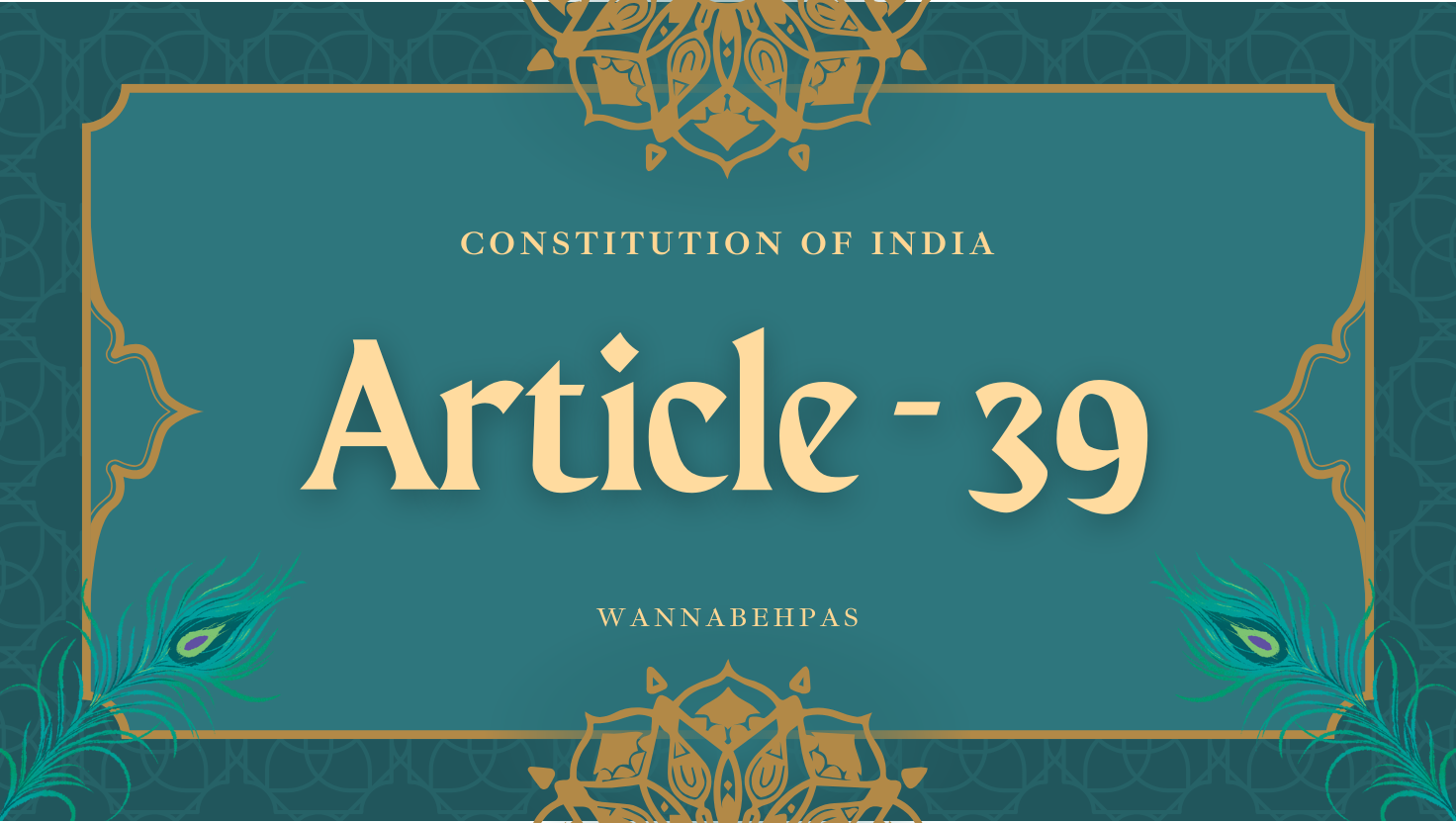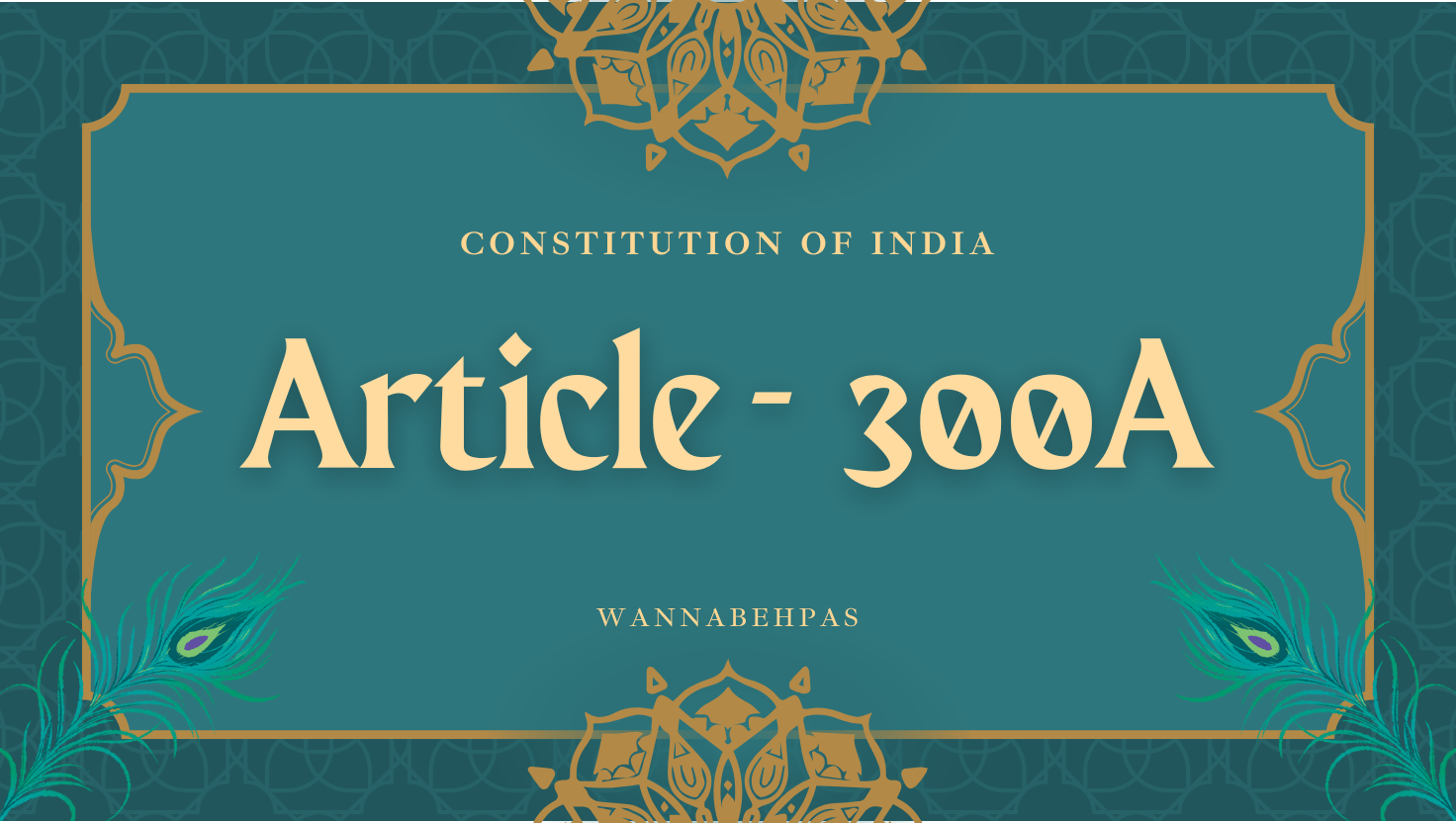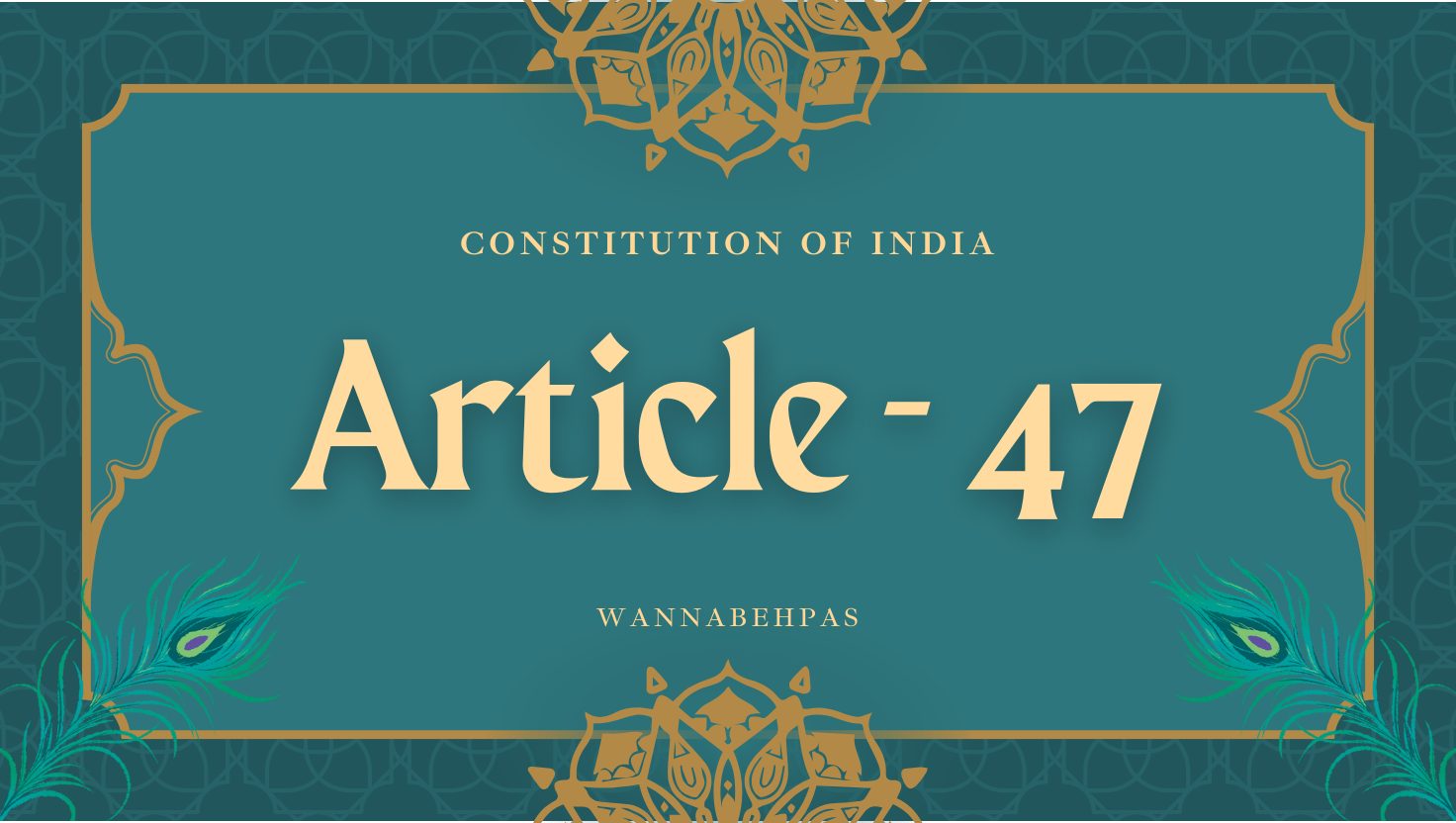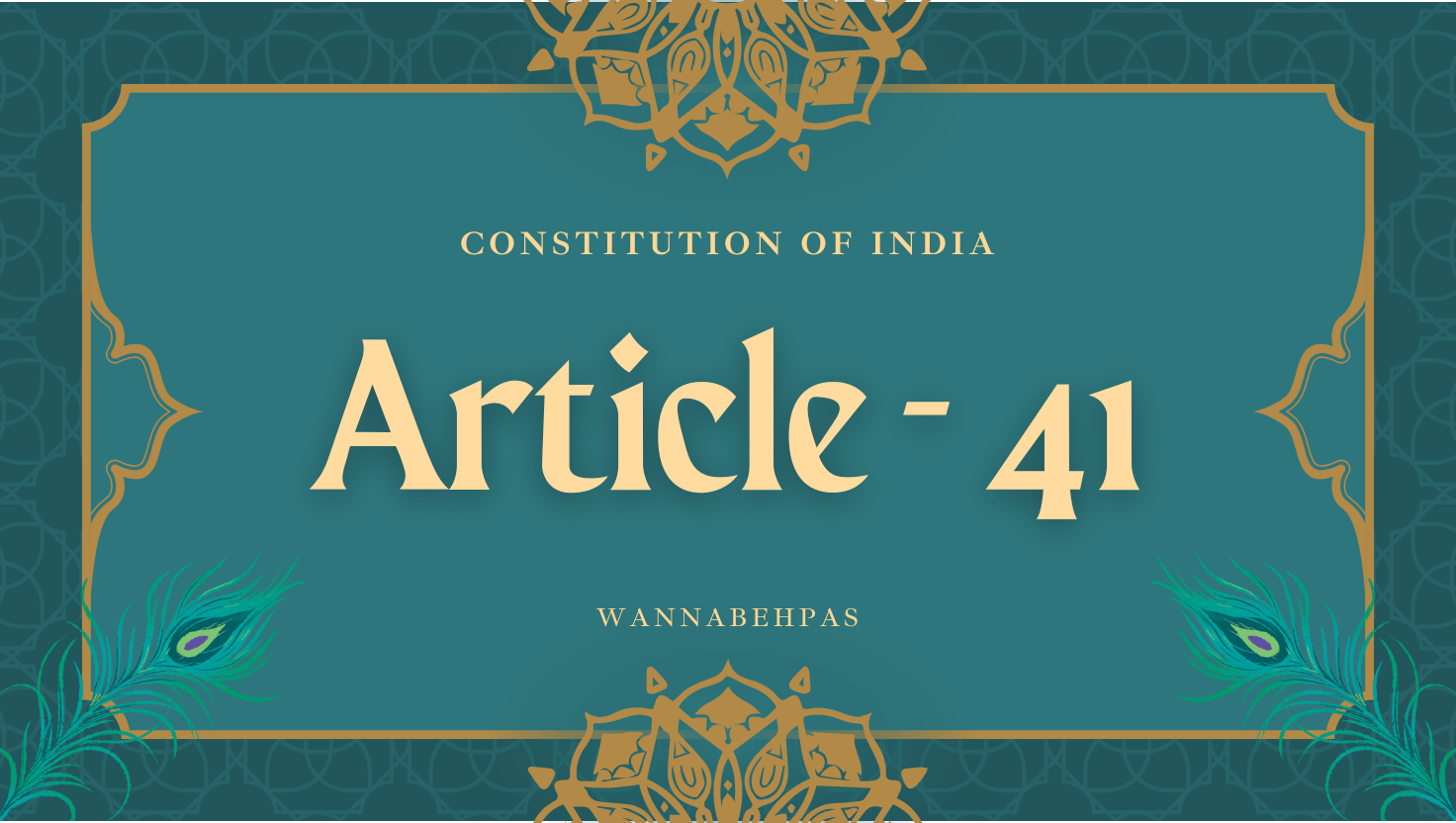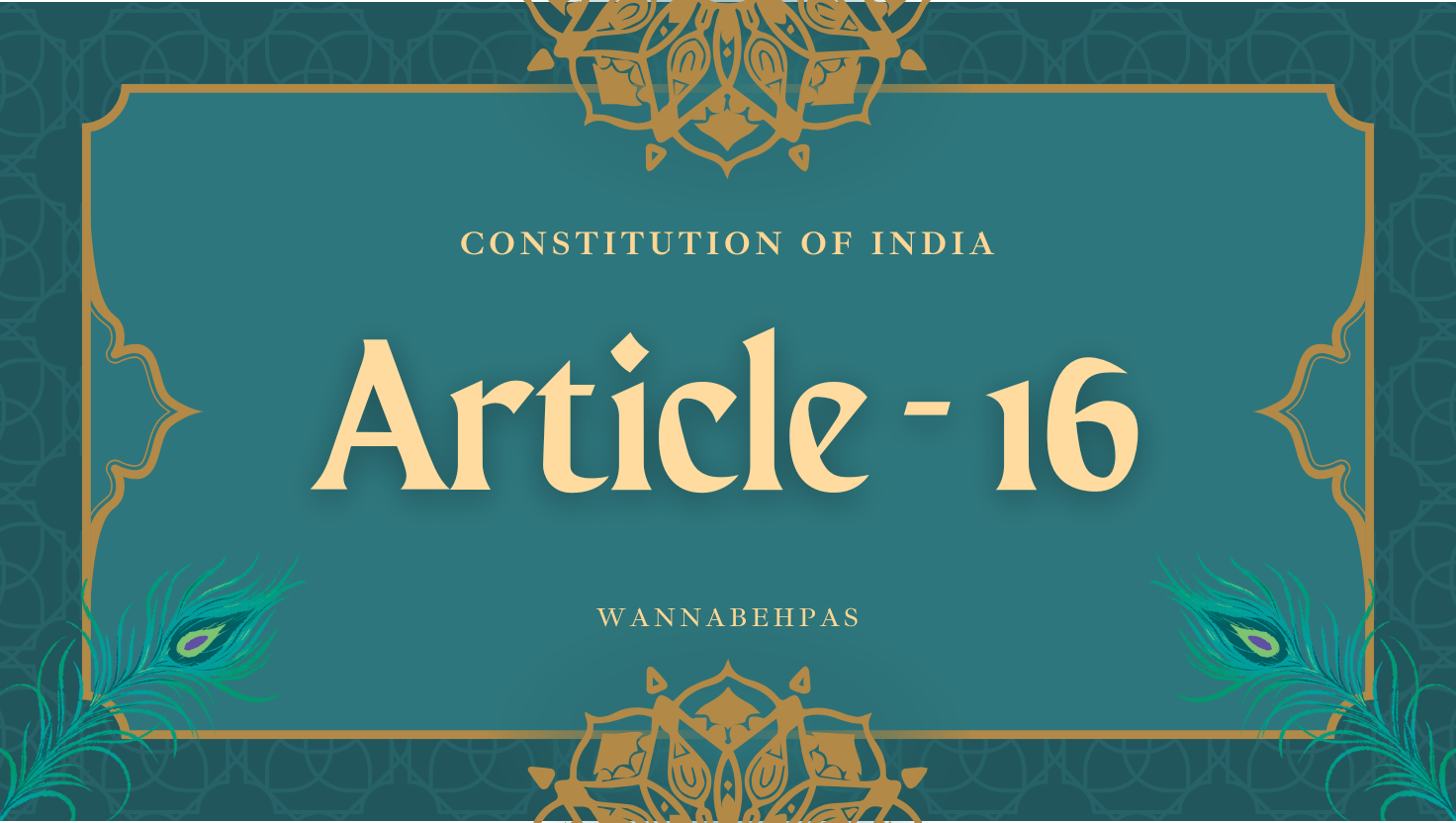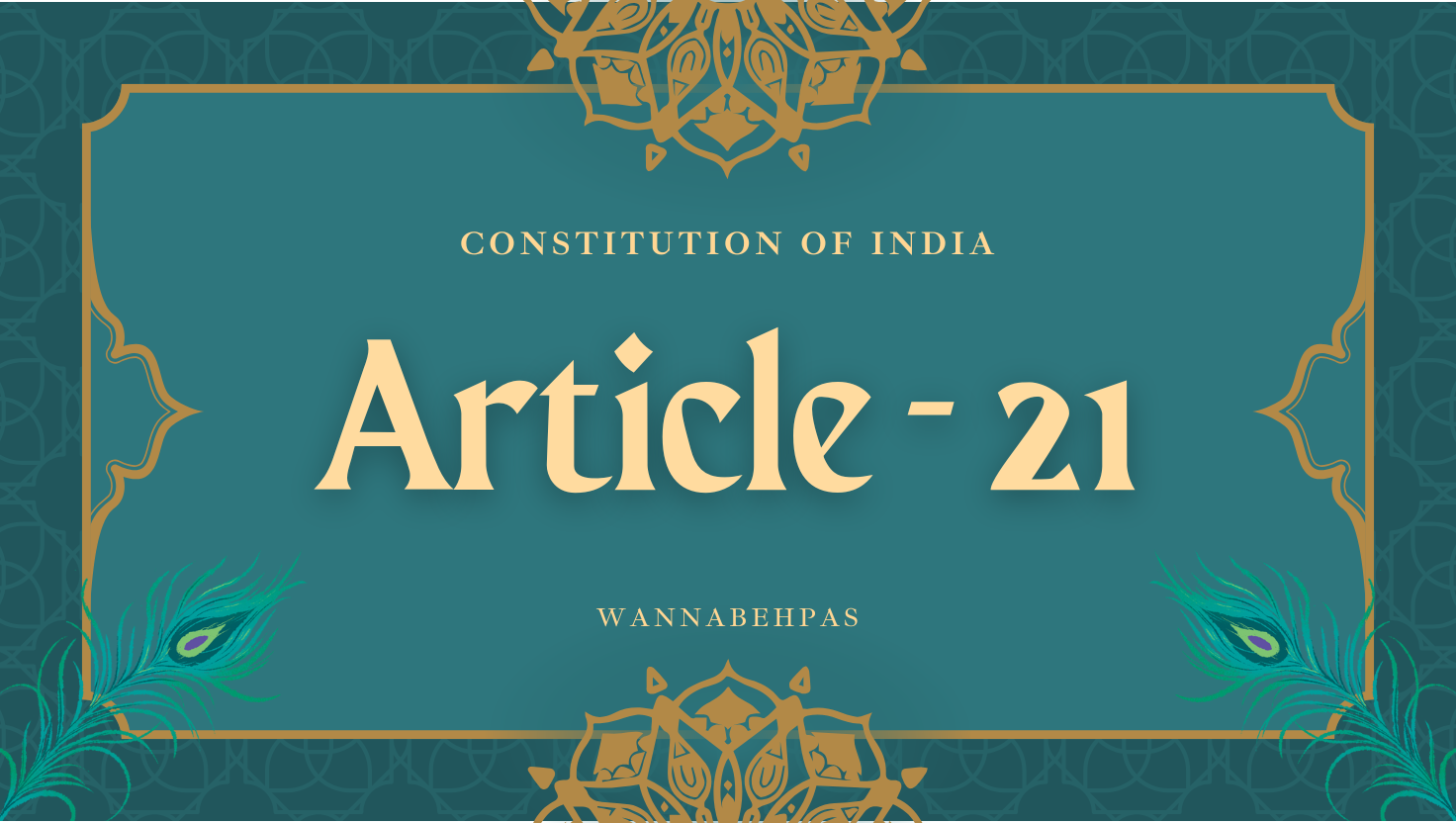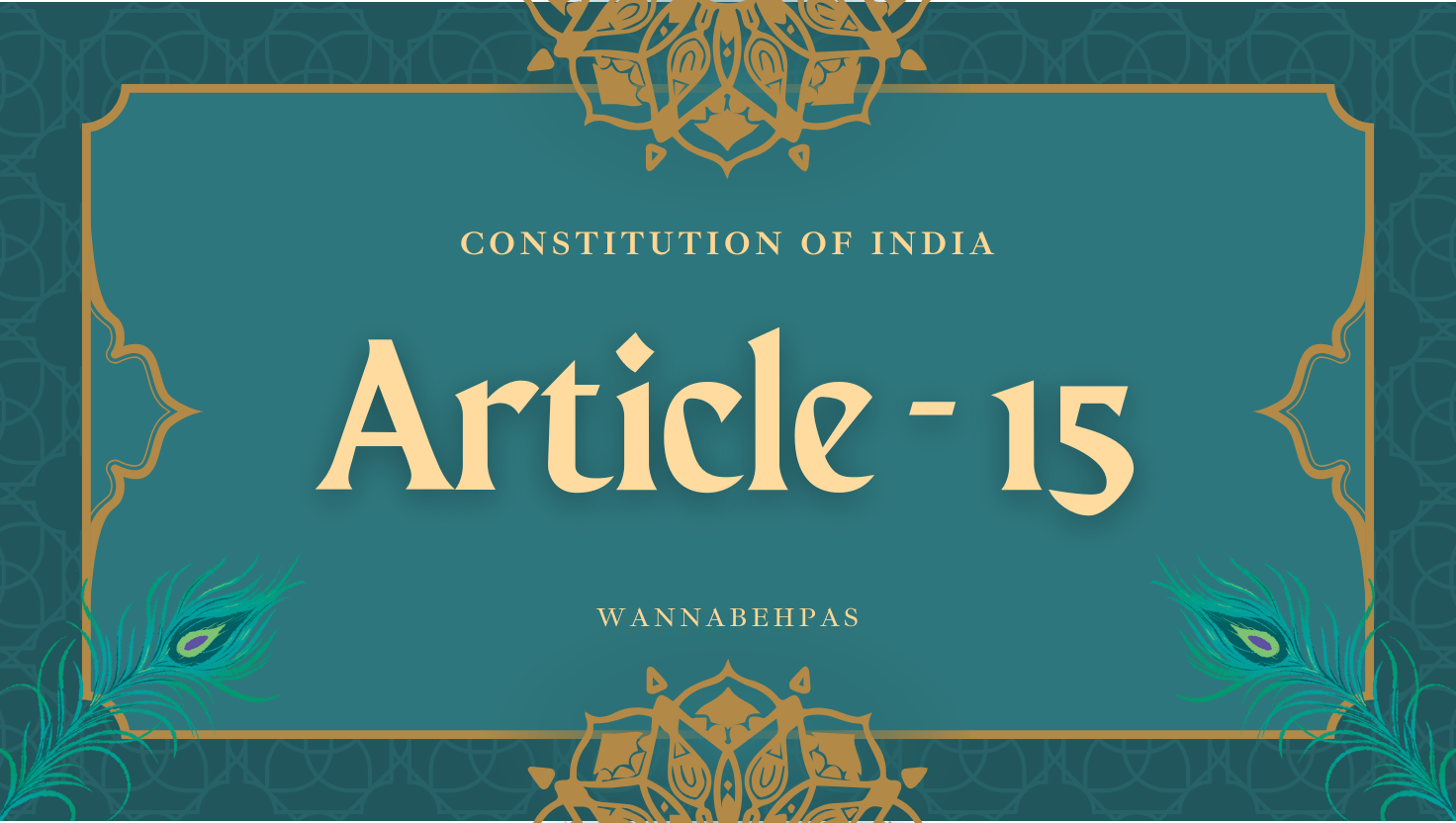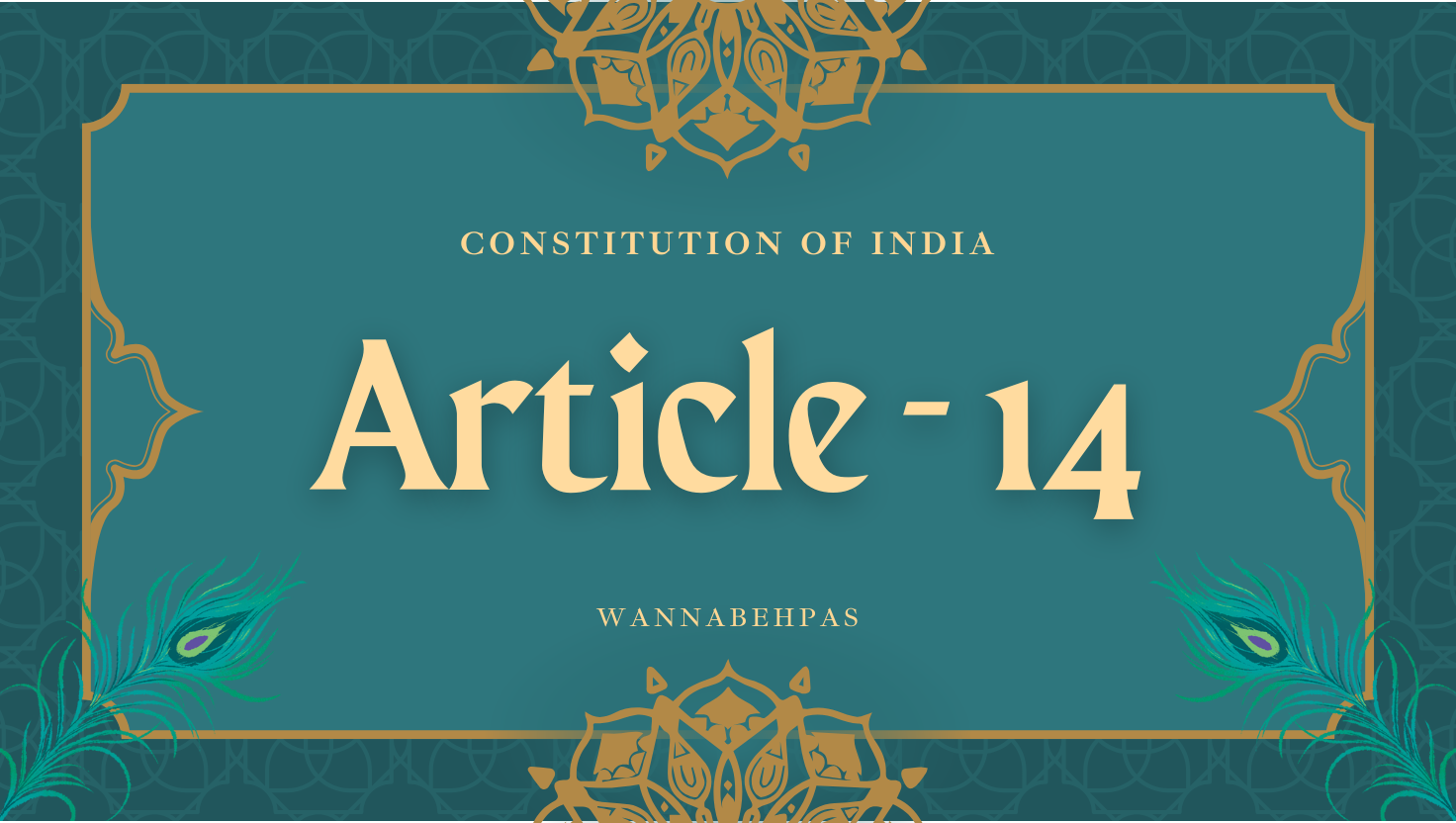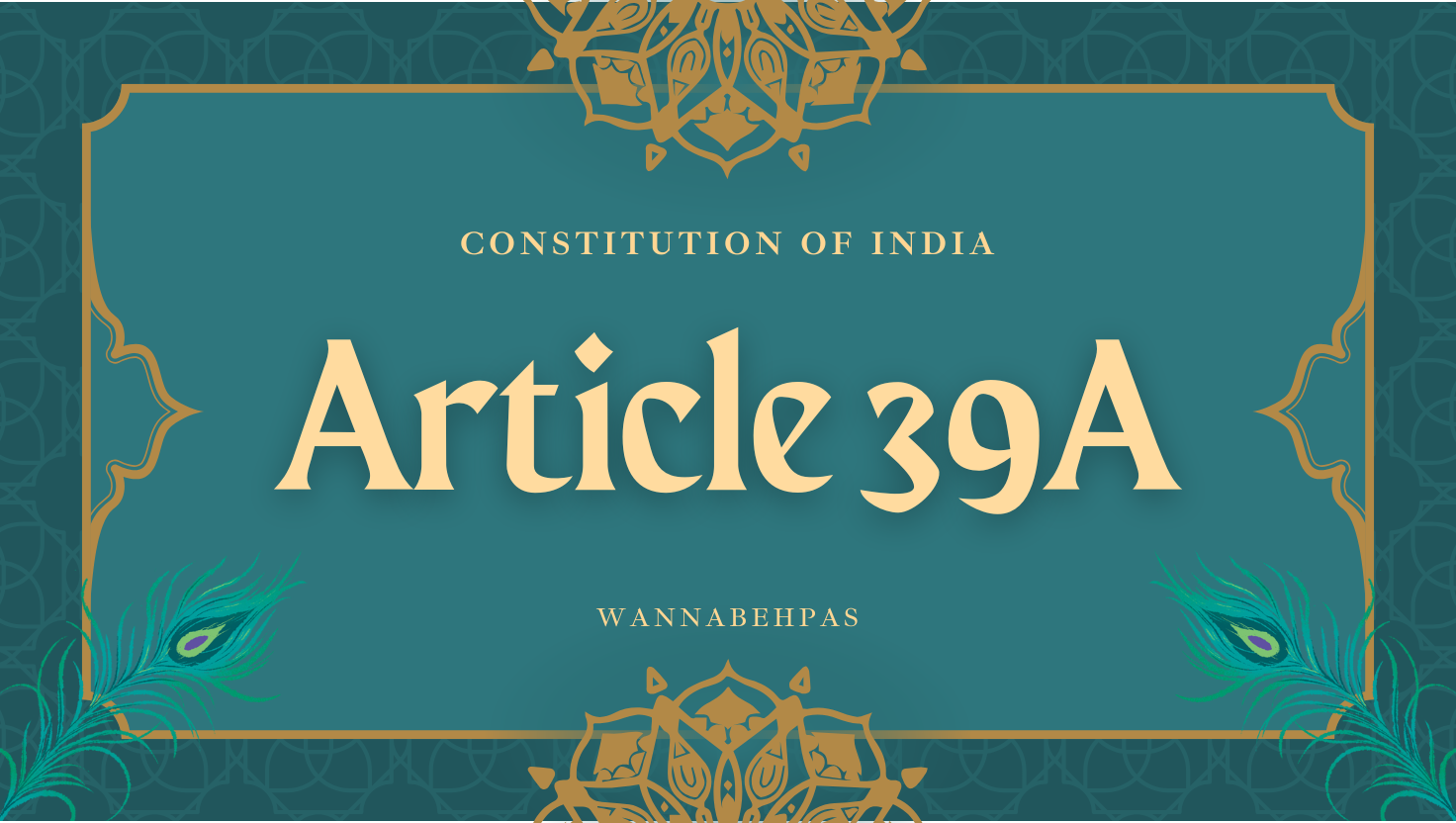Article 39 of Indian Constitution
Syllabus: Polity – Directive Principles of State Policy (Part IV)
Source: Constitution of India
Introduction
Article 39 of the Indian Constitution, under the Directive Principles of State Policy (DPSPs), lays down guidelines for the State to promote social justice and economic democracy. These principles are not enforceable in courts but are fundamental in governance.
Features of Article 39
- Right to Livelihood
- Citizens, men and women equally, should have adequate means of livelihood.
- Distribution of Resources
- Ownership and control of material resources must be distributed to serve the common good.
- Prevention of Wealth Concentration
- The economic system should not result in the concentration of wealth and means of production to the detriment of society.
- Equal Pay for Equal Work
- Both men and women must receive equal pay for equal work.
- Protection of Workers and Children
- The health and strength of workers, and the tender age of children, should not be abused.
- Citizens should not be forced by economic necessity into unsuitable jobs.
- Development of Children (42nd Amendment, 1976)
- Children must be given opportunities for healthy development with freedom and dignity.
- Childhood and youth should be protected from exploitation and abandonment.
Conclusion
Article 39 reflects the vision of the Constitution to establish social and economic justice. It ensures equality, protection of vulnerable groups, fair distribution of resources, and opportunities for dignified living. Though not legally enforceable, these principles guide the State in making policies for inclusive development.

